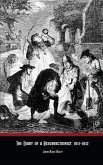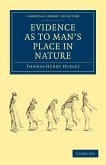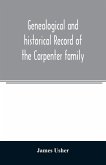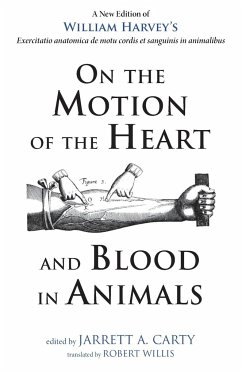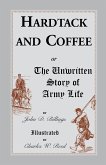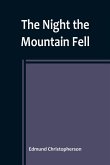Journey back to prehistoric Scotland with Robert Munroe's "Ancient Scottish Lake-Dwellings or Crannogs," a detailed exploration of these fascinating artificial islands and their inhabitants. This meticulously researched work delves into the archaeology of crannogs, offering insights into the lives of ancient peoples who constructed these unique lake dwellings. Uncover the secrets of these prehistoric settlements, gaining a deeper understanding of their construction, purpose, and the culture of those who called them home. Munroe's work provides a comprehensive overview of crannogs in Scotland, examining their historical significance and the artifacts discovered within them. This edition includes a supplementary chapter on remains of lake-dwellings in England, offering a broader perspective on this intriguing aspect of ancient history. A valuable resource for anyone interested in Scottish history, archaeology, and the lives of prehistoric peoples, this book provides a window into a distant past. This work has been selected by scholars as being culturally important, and is part of the knowledge base of civilization as we know it. This work is in the public domain in the United States of America, and possibly other nations. Within the United States, you may freely copy and distribute this work, as no entity (individual or corporate) has a copyright on the body of the work. Scholars believe, and we concur, that this work is important enough to be preserved, reproduced, and made generally available to the public. We appreciate your support of the preservation process, and thank you for being an important part of keeping this knowledge alive and relevant.
Bitte wählen Sie Ihr Anliegen aus.
Rechnungen
Retourenschein anfordern
Bestellstatus
Storno



